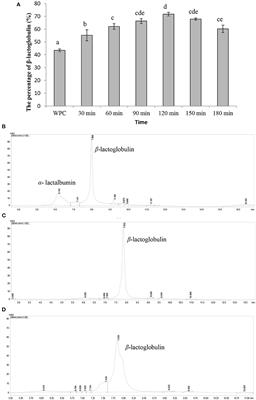ORIGINAL RESEARCH
Published on 14 Sep 2023
A personalized diet intervention improves depression symptoms and changes microbiota and metabolite profiles among community-dwelling older adults
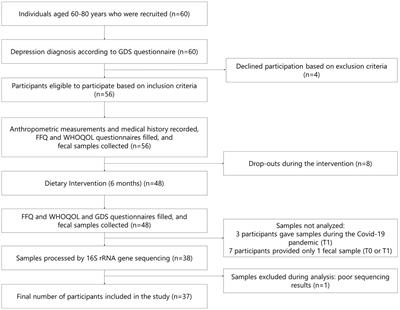
doi 10.3389/fnut.2023.1234549
- 2,785 views
- 8 citations
7,469
Total downloads
26k
Total views and downloads
You will be redirected to our submission process.
ORIGINAL RESEARCH
Published on 14 Sep 2023

CLINICAL TRIAL
Published on 31 Aug 2023
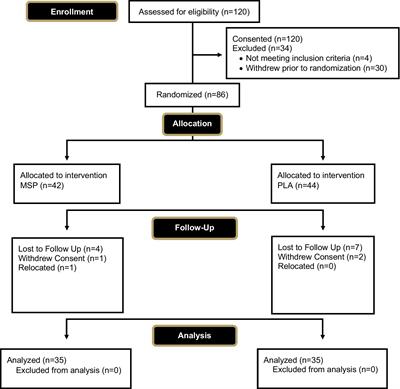
ORIGINAL RESEARCH
Published on 04 Aug 2023
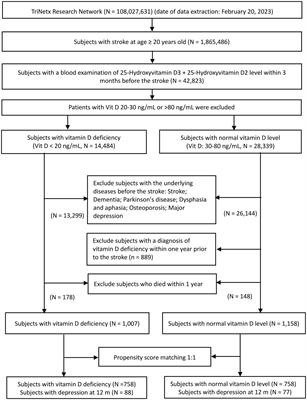
BRIEF RESEARCH REPORT
Published on 11 Jul 2023
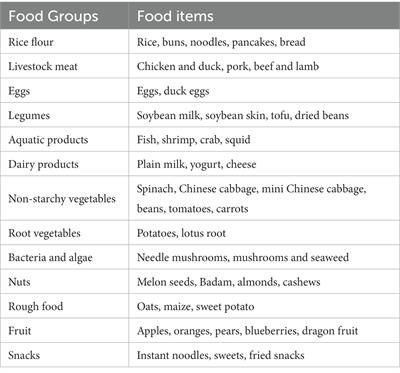
OPINION
Published on 31 May 2023
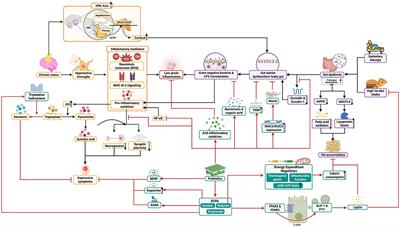
ORIGINAL RESEARCH
Published on 09 May 2023

SYSTEMATIC REVIEW
Published on 16 Feb 2023
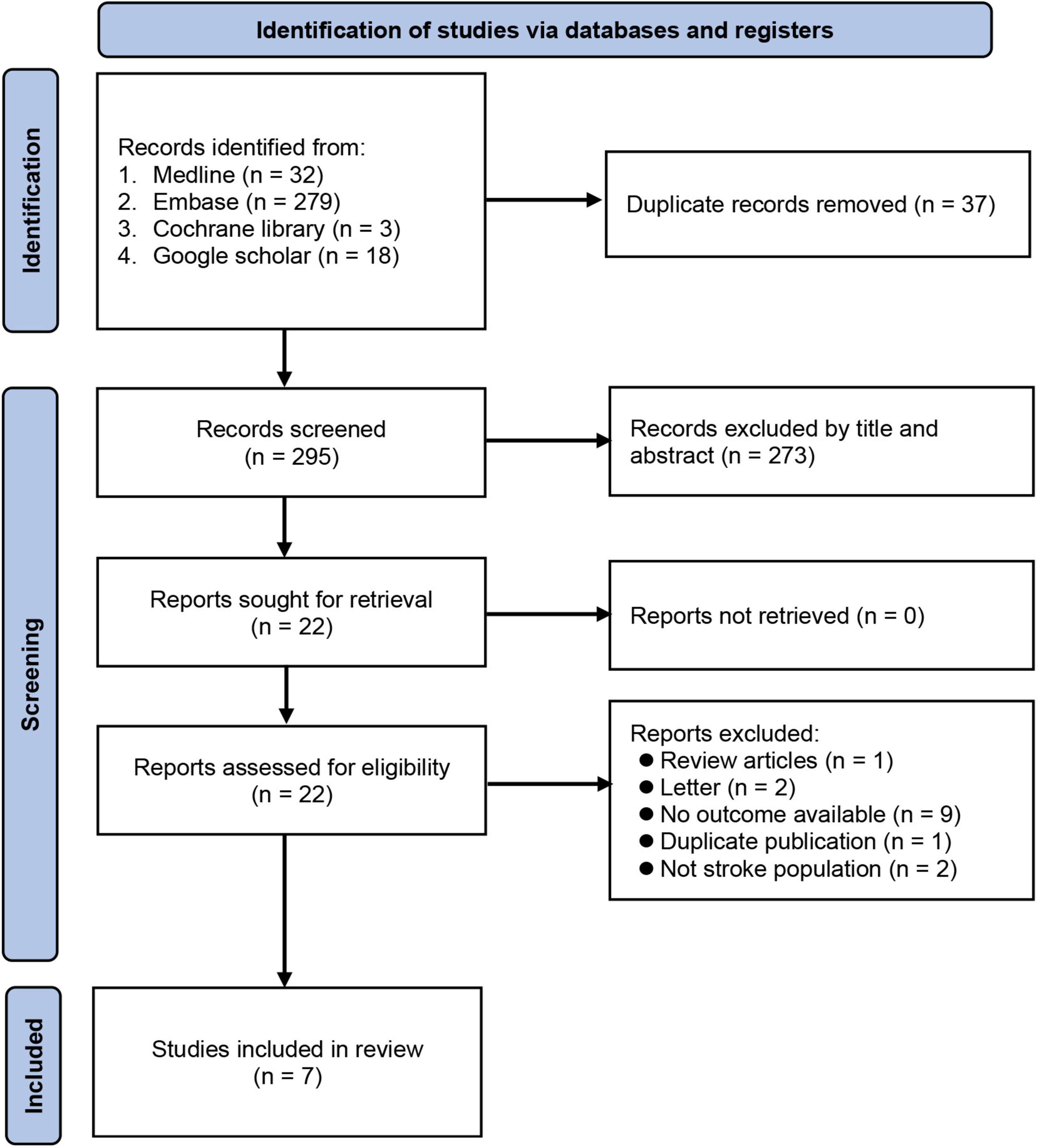
ORIGINAL RESEARCH
Published on 06 Jan 2023
